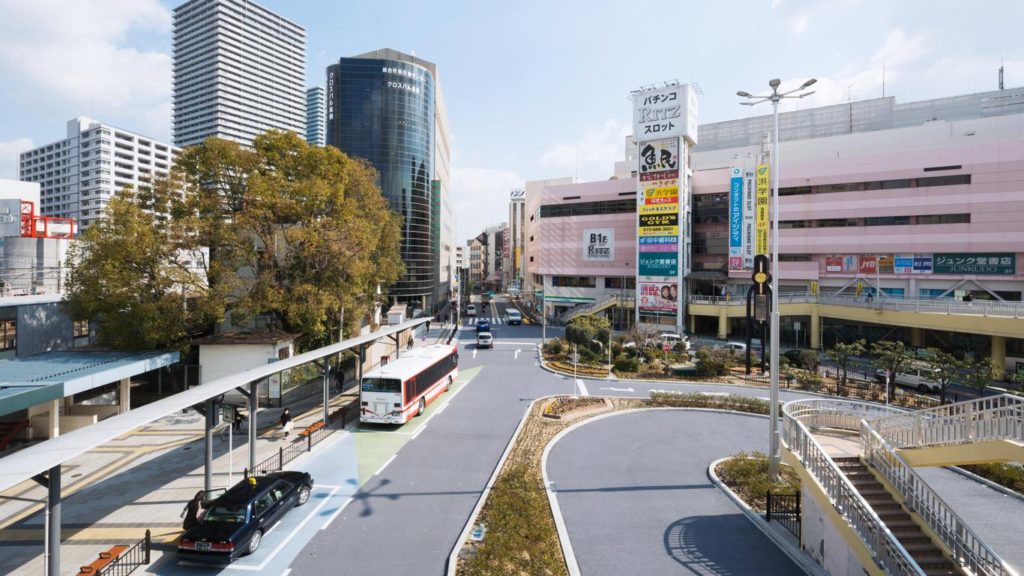
Navigating Cannabis Laws in Takatsuki, Japan: A Comprehensive Overview
weed in takatsuki japan, a city with a rich historical heritage and modern amenities in the Osaka Prefecture of Japan, operates within the framework of the country’s strict regulations on drug use, particularly marijuana. This article seeks to provide a detailed examination of the current legal status of marijuana in Takatsuki, exploring the regulations, potential penalties, and the cultural context that shapes Japan’s approach to cannabis.
Current Legal Status
As of my last knowledge update in January 2022, Japan maintains stringent regulations against marijuana use. Governed by the Cannabis Control Law enacted in 1948, the country classifies cannabis as a narcotic substance. Takatsuki, like all regions in Japan, adheres to these national laws. Both possession and distribution of marijuana are criminal offenses, subjecting offenders to severe legal consequences.
Penalties for Marijuana Offenses
Takatsuki, in alignment with Japan’s overall legal framework, enforces a zero-tolerance policy towards marijuana. Penalties for possession, cultivation, or distribution of cannabis can result in imprisonment for up to five years, accompanied by substantial fines. The strict enforcement reflects Japan’s commitment to maintaining social order and harmony through a firm stance against drug use.
Cultural Context and Public Opinion
The cultural context of weed in takatsuki japan, deeply rooted in history, community values, and respect for tradition, significantly influences public opinion regarding marijuana. The prevailing sentiment views drug use as a potential threat to the country’s social fabric, contributing to the maintenance of strict anti-cannabis regulations in Takatsuki and across Japan.
Potential Shifts in Public Opinion
While Japan has historically maintained a conservative stance on drug policy, both global and domestic discussions about potential shifts in attitudes toward marijuana have emerged. Some argue that a more lenient approach, particularly concerning medicinal use, could provide alternative treatments for certain health conditions. However, any significant changes to Takatsuki’s cannabis laws would likely require careful consideration of societal perspectives and potential consequences.
International Comparisons
Comparing Japan’s marijuana laws with those of other countries underscores the nation’s unique position. While some countries have moved towards decriminalization or legalization of cannabis, Japan maintains strict prohibitionist policies. These differences highlight the importance of understanding each country’s cultural, historical, and societal factors in shaping its approach to drug policy.
Conclusion
Takatsuki, in harmony with Japan’s overall legal framework, strictly prohibits the use of marijuana. The city’s cultural context, deeply rooted in history and community values, reinforces prevailing attitudes toward drug use. As global perspectives on marijuana continue to evolve, discussions about potential changes to Japan’s cannabis laws may emerge. However, any adjustments are likely to be gradual and considerate of the nation’s unique cultural values. In the meantime, residents of Takatsuki must navigate the strict legal landscape surrounding marijuana, recognizing the potential legal consequences associated with its possession, cultivation, or distribution.
